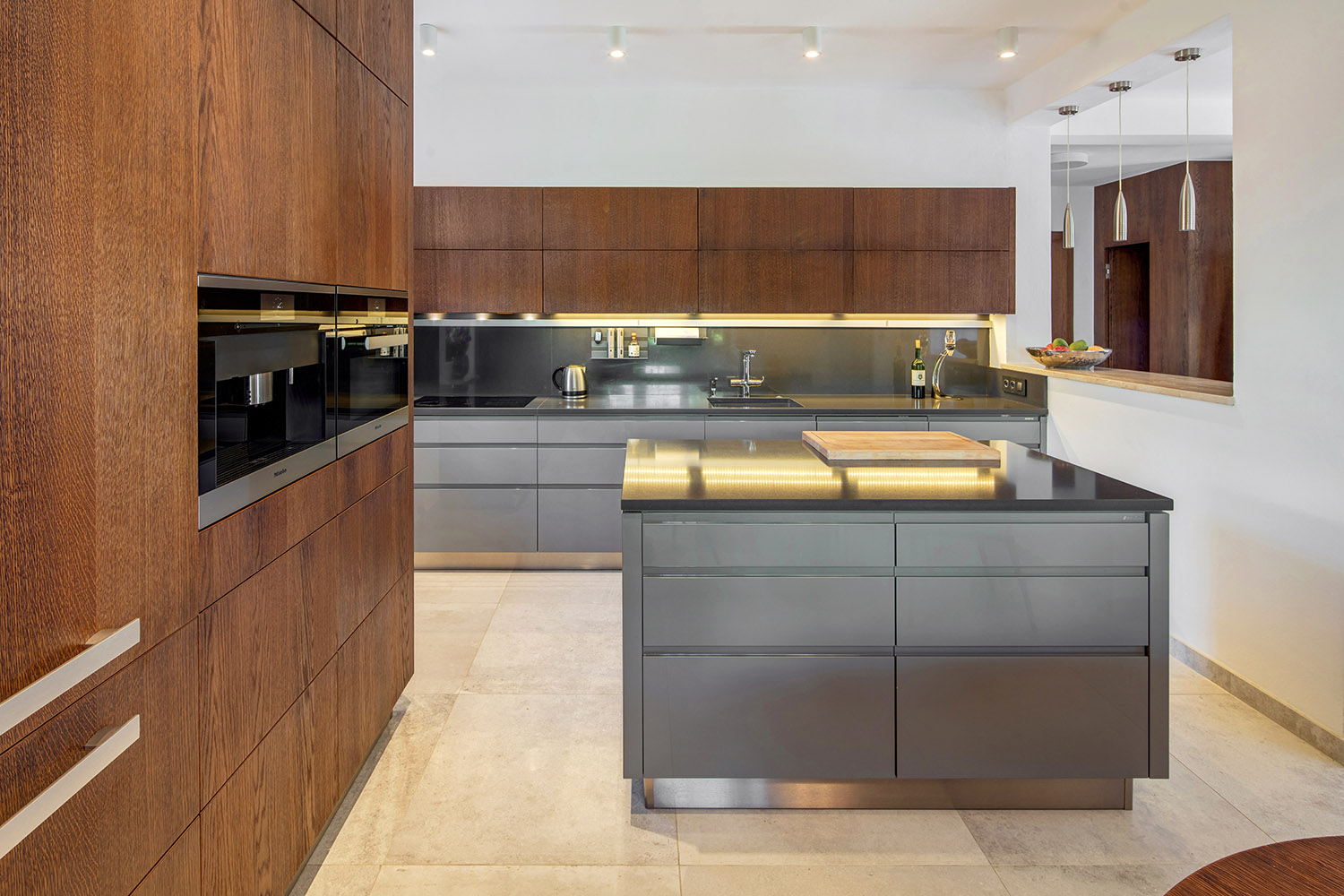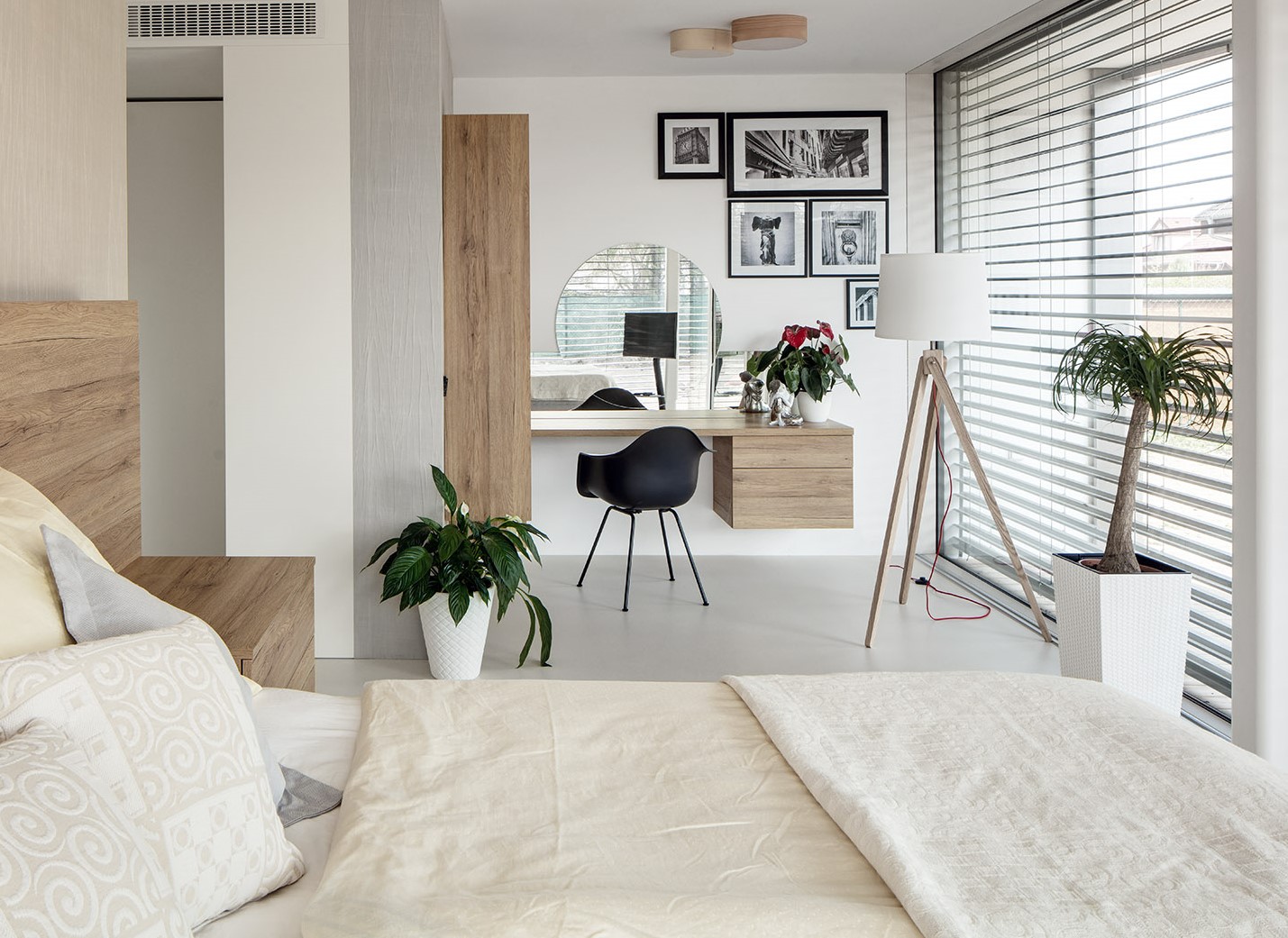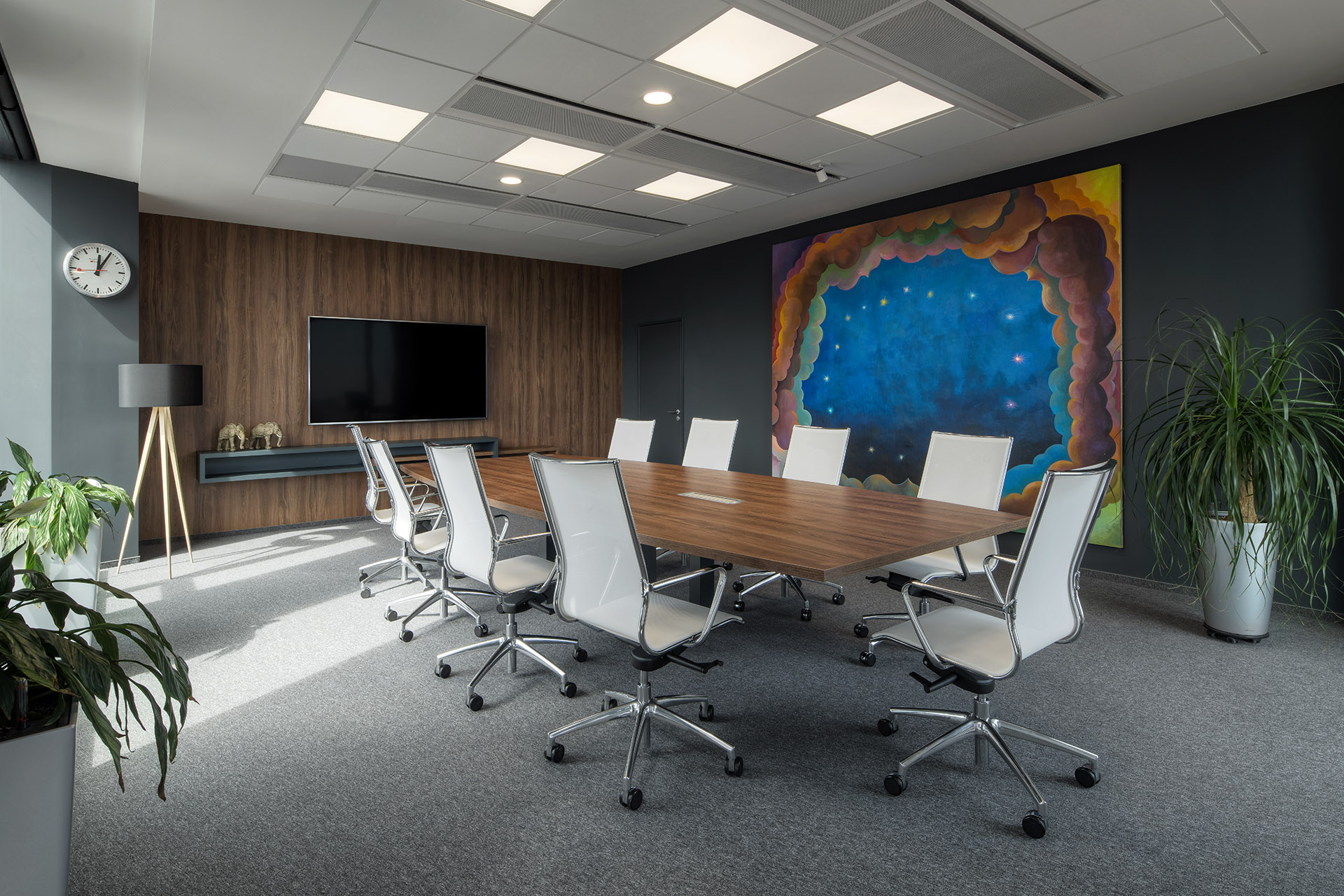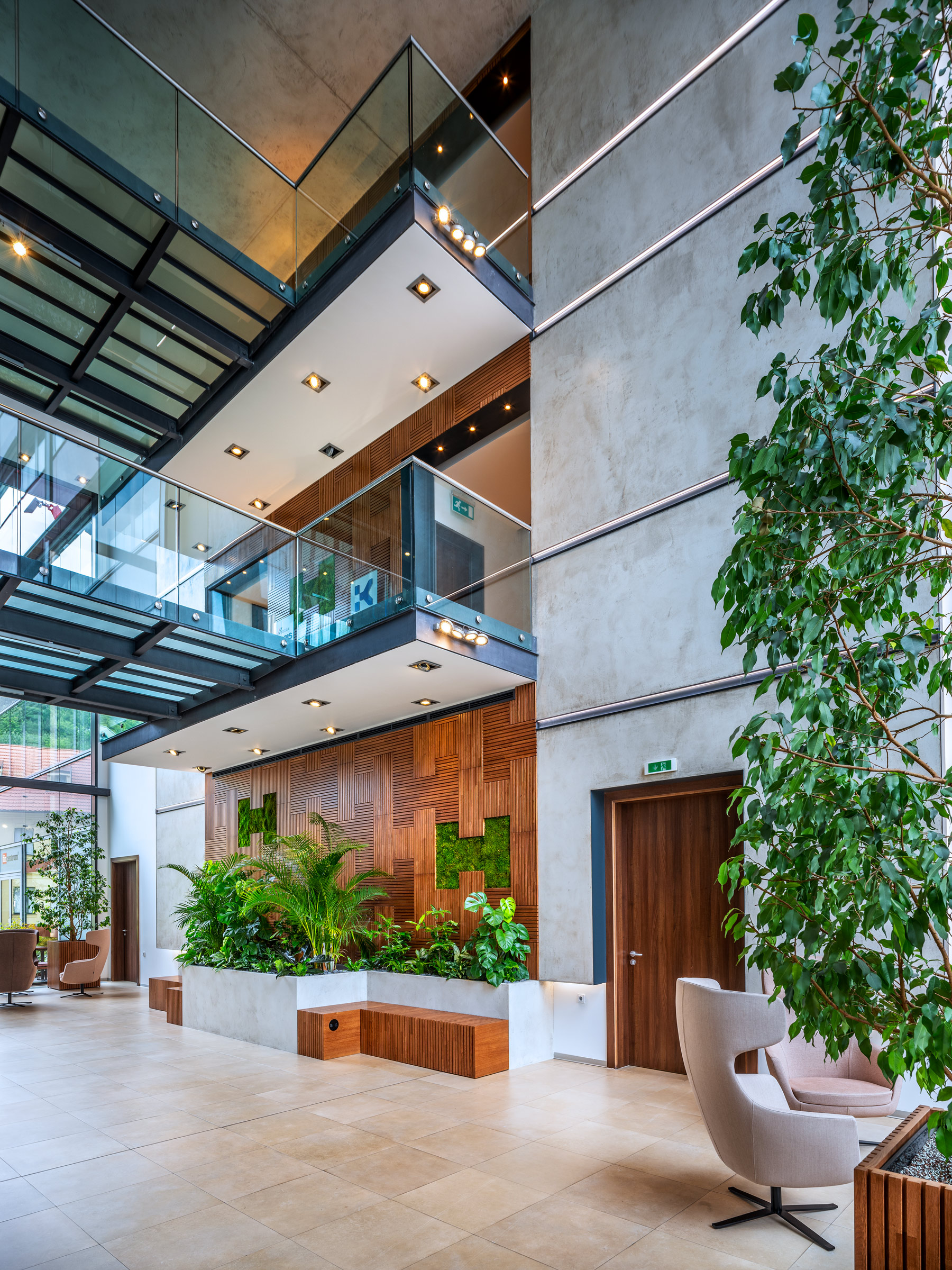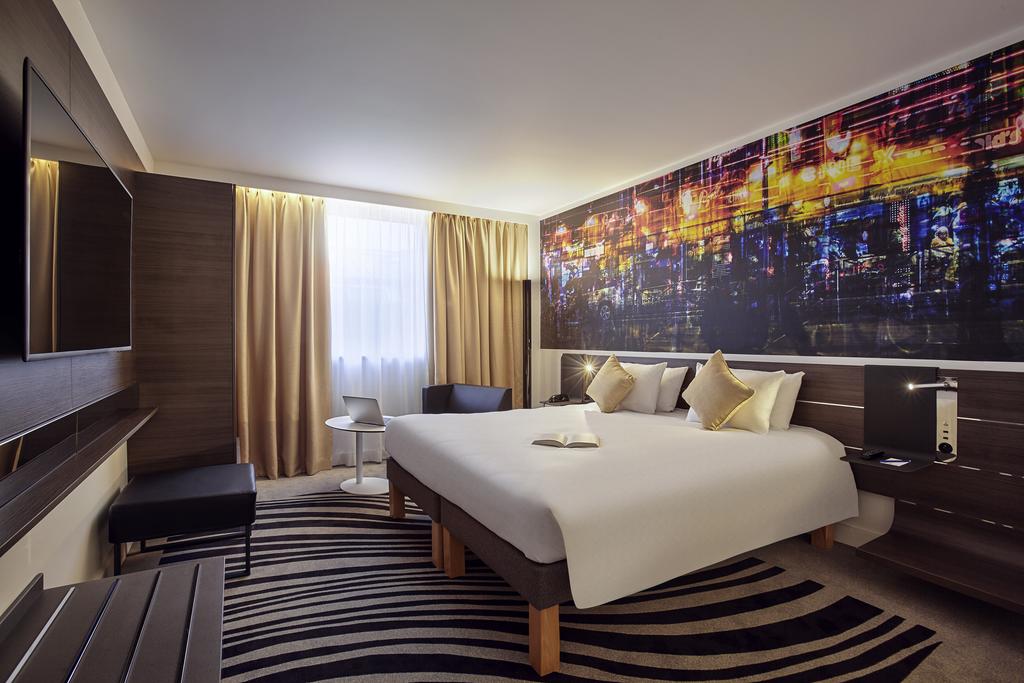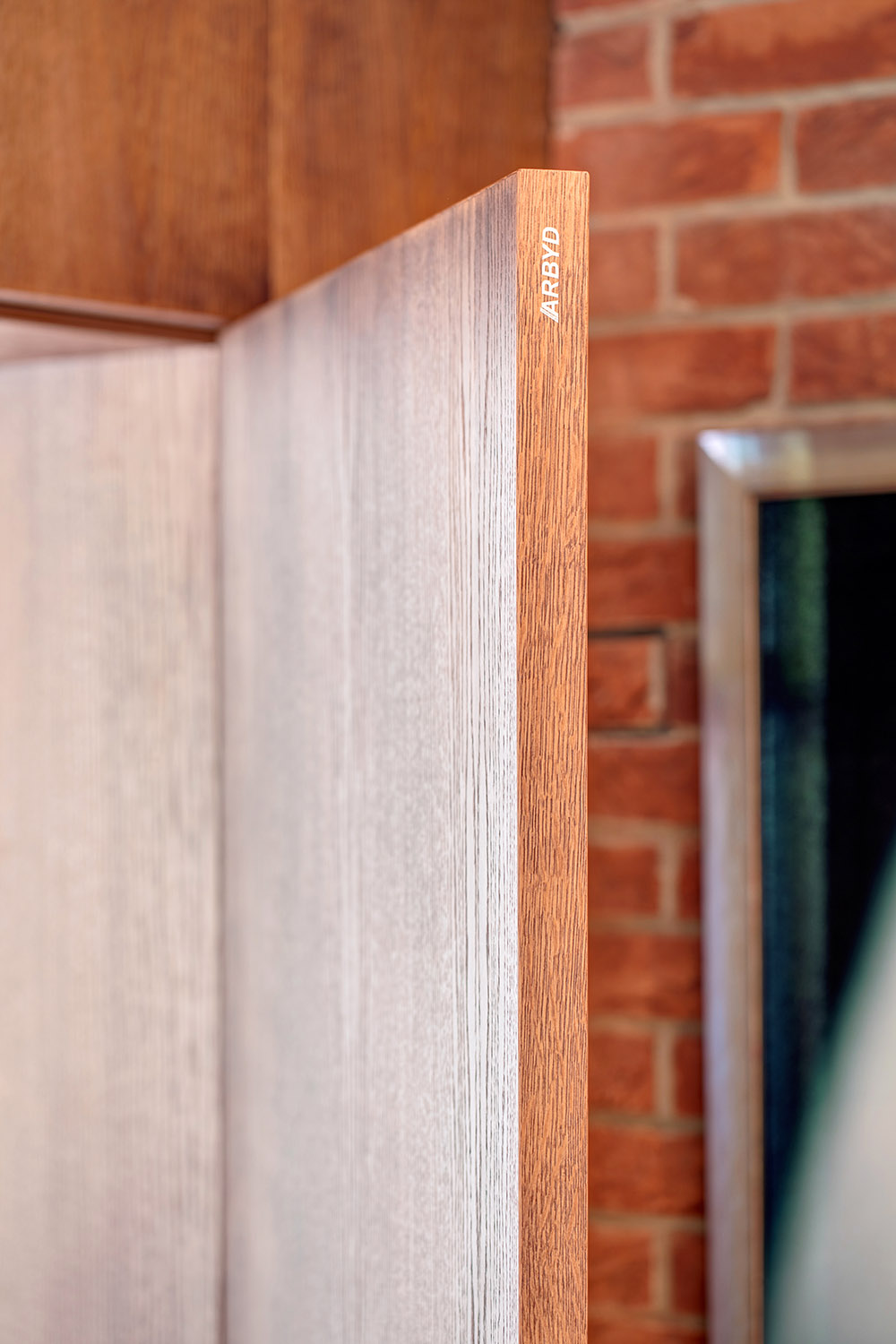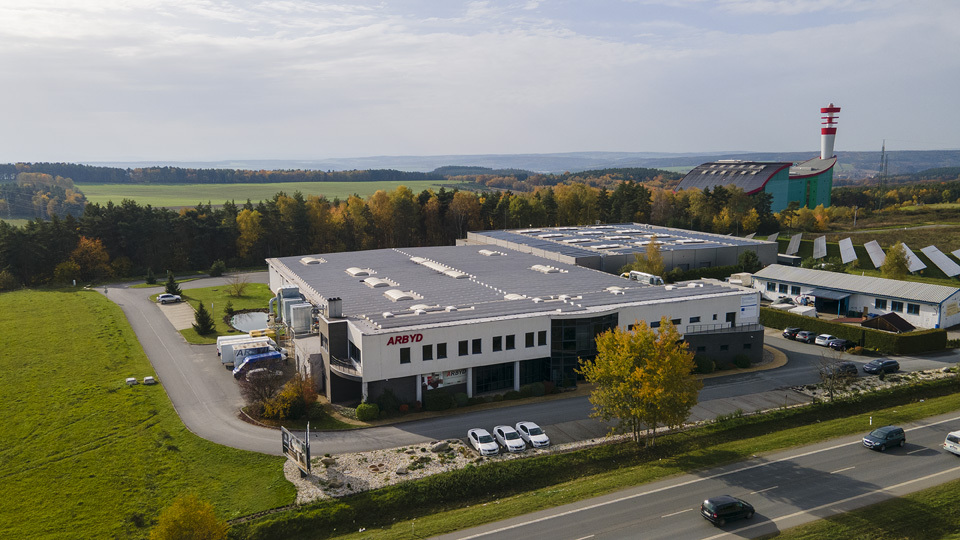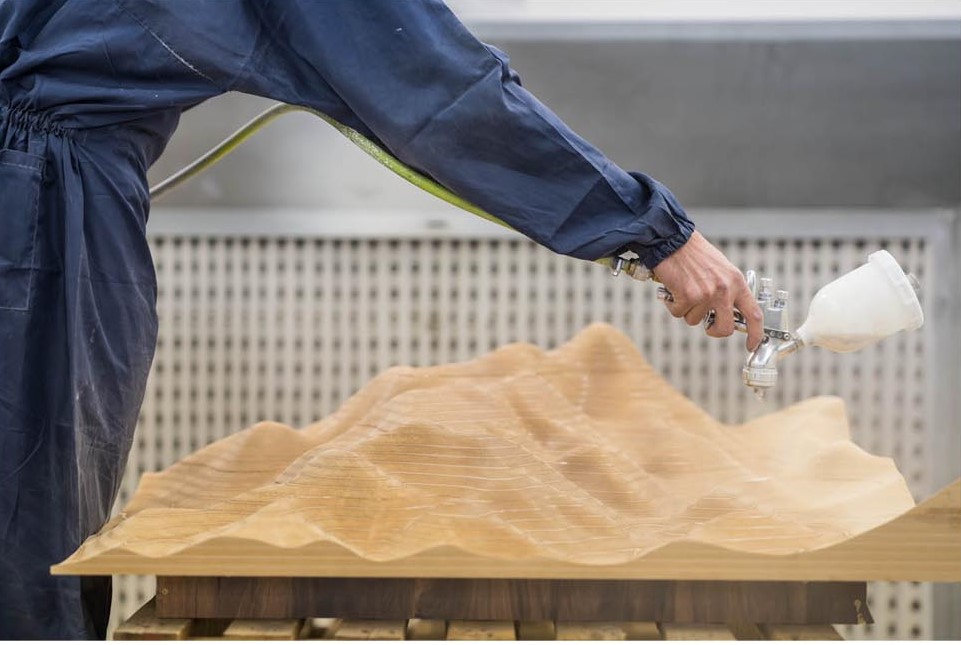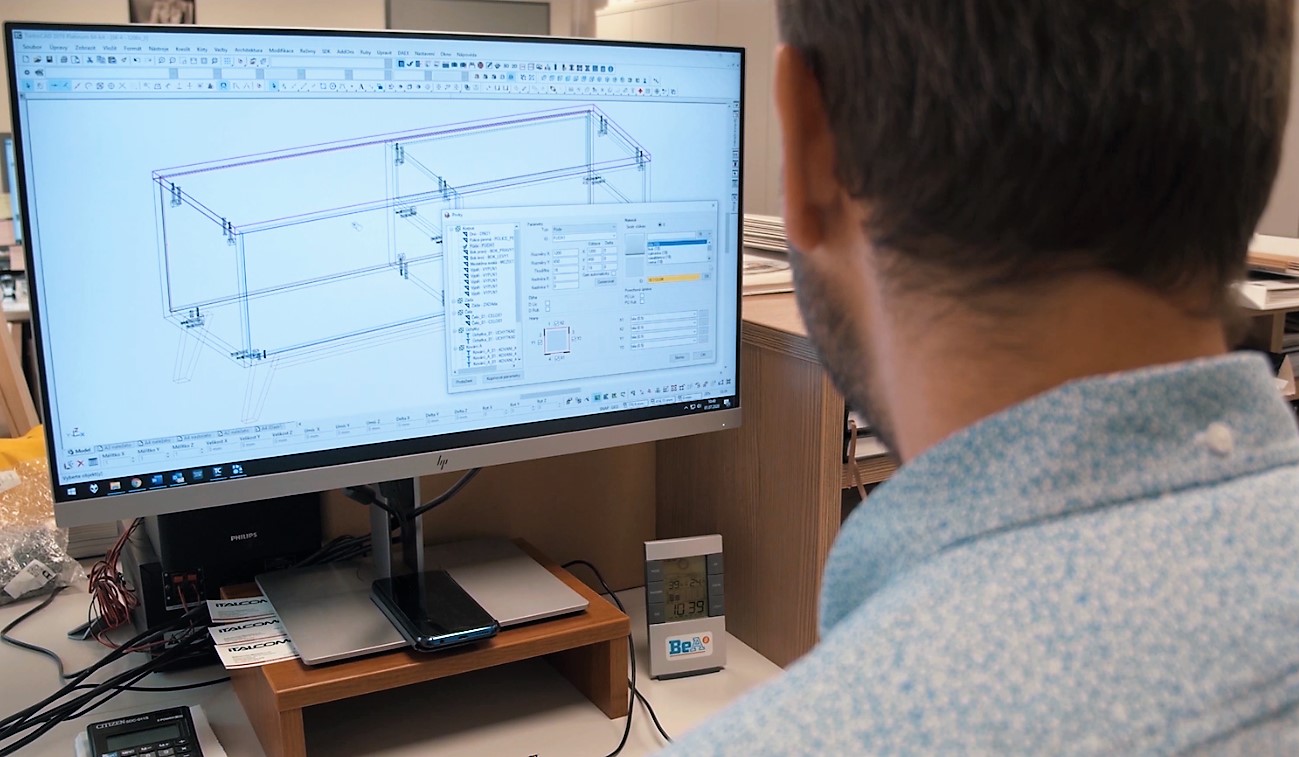When the entrepreneur Petr Mudra started a small carpentry workshop in Pilsen in 1993, he probably had no idea where the furniture and interior equipment under the Arbyd brand would one day be used. For example, in the offices of the German Deutsche Bank, in BMW showrooms or on student dormitories in Sweden. The brand exports not only to the whole of Europe, but also to North Africa or the Middle East. About half of Arbyda's production currently goes out into the world, and even the period of the pandemic has not stopped foreign expansion.
This year, on the other hand, the company won another large contract, in addition to one of the most prestigious addresses. In the spring, she won a tender from the European Organization for Nuclear Research (CERN) in Geneva, Switzerland. The tender was for the supply of equipment for 133 rooms, which serve as a background for scientists working in this organization, considered perhaps the most elite research center in the world.
What exactly did Arbyd supply to CERN? “It is the interior equipment and installation of hotel rooms and common areas such as kitchens and dining rooms. The delivery included suitcases, bedside tables, bed headboards, wardrobes, bathroom cabinets, work desks, as well as curtains, chairs and lighting, ”says Lukáš Mudra, who is a project manager in the family business. “The equipment specification was not special. All delivered goods must meet a certain class of non-flammability, which is understandable in the nuclear research area, "he continues.
Nevertheless, the tender was somewhat specific. "CERN did not have a tender prepared by a design or architectural company, as is the standard for similar projects. A lot of things needed to be figured out during the preparation of the prize and subsequently during the implementation, “notes Lukáš Mudra
Even a scientist needs a bed
Jan Špunda, an export consultant from the CzechTrade agency, notes that Czech companies can also offer common equipment to CERN with similar success, not only highly specialized technologies for scientific activities. "The operation of such a large area also brings with it requirements for completely conventional equipment. In other words, scientists and researchers are also ordinary people with common needs. They have to sleep somewhere, eat somewhere, transport something, use common office supplies, "says Jan Špunda. "Laboratories need production tools for specific parts, so we often meet the demand for CNC machine tools such as milling machines, lathes and cutting machines. Then, of course, there is also a certain share of sophisticated devices that are not completely common on the market. For example, the first of this year's tenders concerned the acquisition of quantum computing. Or we solved the demand for nanosecond lasers or cryogenic tanks and valves, "says Špunda.
- 01Kitchens
- 02Home furniture
- 03Offices
- 04Public buildings
- 05Hotels
- 06Interior doors
